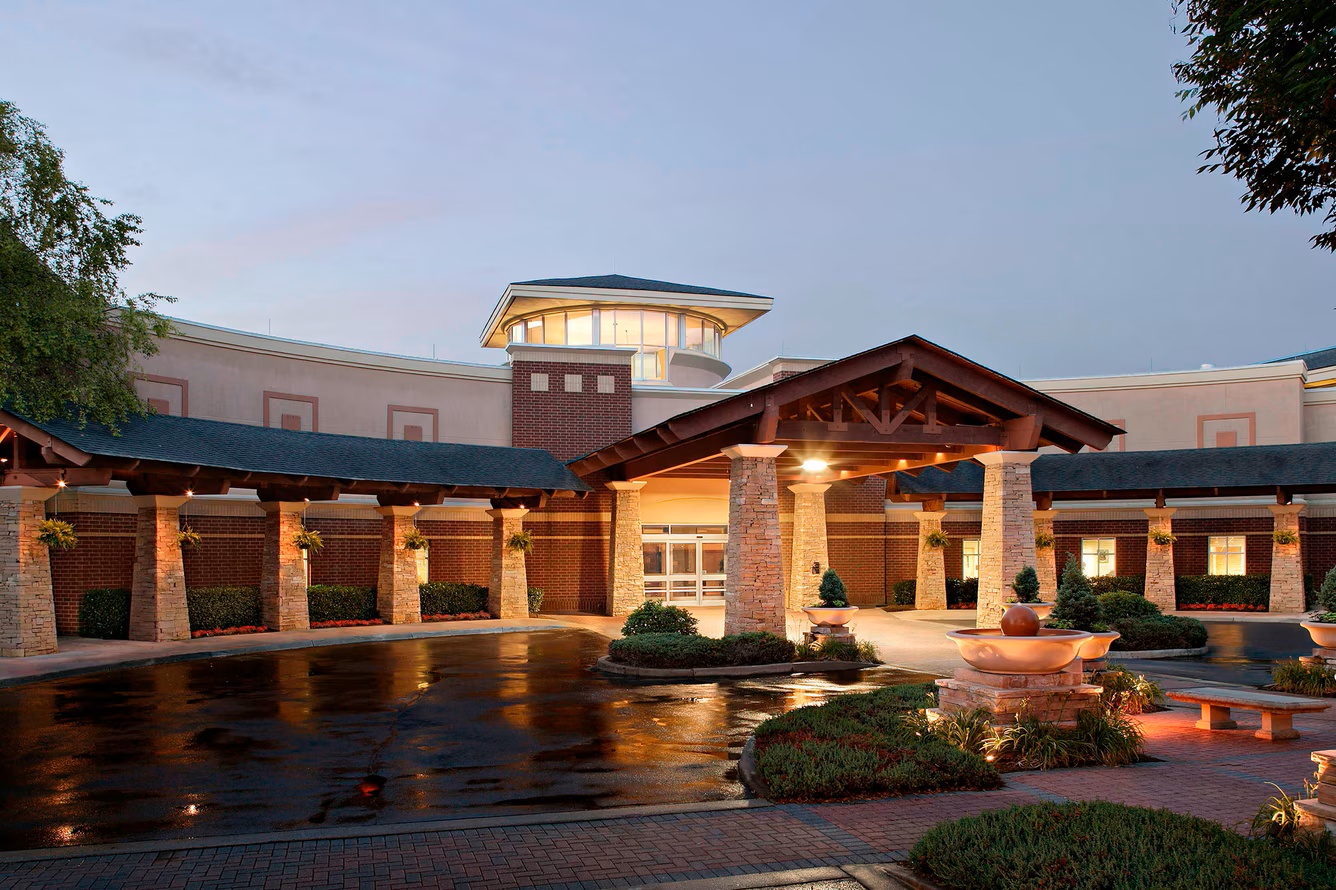A new chapter has begun for the renowned international private members’ club, Soho House, following a recent purchase agreement that places its value at an impressive £2 billion. This essential deal not only underscores a major moment in the hospitality and leisure industry but also introduces a fresh viewpoint to the company’s leadership. The move, which includes a prominent figure from the entertainment and technology fields onto its board, signifies a strategic shift for the brand as it seeks to expand its reach and appeal to a new generation of members. The purchase strengthens the club’s position as a luxury lifestyle brand while also hinting at a future blending its classic exclusive model with modern technological innovations and media involvement.
The acquisition itself is an elaborate financial transaction endorsed by several investors, underlining the brand’s assumed value. Over time, Soho House has developed an image of exclusivity and innovation, luring a global membership of artists, entrepreneurs, and influential figures. This reputation, combined with its array of stylish clubs and hotels in top-tier locations worldwide, has made it a sought-after asset. The £2 billion valuation reflects not only its current assets but also the extensive potential for growth and profitability that the new owners foresee for the brand. This level of investment demonstrates a strong belief in the club’s business model and its ability to thrive in a competitive market.
A particularly noteworthy aspect of this deal is the addition of Ashton Kutcher to the board of directors. Known for his successful acting career, Kutcher has also established himself as a savvy technology investor and entrepreneur. His involvement brings a unique blend of media savvy and business acumen to the company’s leadership. This move is seen as more than a celebrity endorsement; it is a strategic appointment aimed at leveraging his expertise in technology, media, and venture capital. Kutcher’s presence on the board could help guide Soho House’s future direction, particularly in areas like digital engagement, brand partnerships, and the integration of technology to enhance the member experience. His insights into the digital economy and the entertainment industry are invaluable assets that can help the club navigate the ever-changing consumer landscape.
The addition of a new board member with extensive experience in technology and media indicates the path Soho House may pursue. Although its primary draw has consistently been its physical venues and face-to-face networking, the company now encounters the task of staying significant in an era increasingly governed by digital communication. Kutcher’s responsibilities might include investigating novel digital platforms for members, improving the company’s online visibility, and even recognizing new ventures in the tech and media industries. This progressive strategy demonstrates that Soho House is unwilling to become complacent and is energetically searching for methods to innovate and maintain its competitive edge.
The transaction also highlights general patterns in the leisure and hospitality sector. What were once exclusive private members’ clubs are now experiencing a revival in popularity. These clubs provide more than just accommodation or dining options; they offer a sense of community, inclusion, and tailored experiences. The achievement of Soho House has sparked a new surge of similar ideas, all competing for the interest of a selective customer base. The £2 billion purchase indicates that this approach is not temporary but a sustainable and lucrative business plan. It underscores the increasing consumer desire for experiences that are distinct, customized, and prestigious, transcending a mere transactional interaction.
The new ownership and board structure will likely lead to a period of strategic review and potential expansion. While the core mission of Soho House is expected to remain the same—to provide a home for creative professionals—the way in which that mission is executed may evolve. There could be new club openings in emerging markets, a focus on new verticals such as wellness or media content, and a greater emphasis on creating a seamless experience for members, both on and off-site. The acquisition provides the financial resources and strategic guidance needed to execute these ambitious plans. The involvement of a new board member with a diverse background is a clear indication that the company is willing to think outside the box to achieve its goals.
The upcoming trajectory of Soho House seems to involve a mix of its recognized essence and an exploration into novel territories. The acquisition and the addition of a new board director transcend typical financial news; they symbolize a company in evolution. The brand is set to capitalize on its worldwide allure, selective community, and physical venues to develop a multifaceted enterprise that goes beyond the conventional limits of a private club. The £2 billion market assessment and the strategic inclusion of a tech-oriented board leader convey considerable confidence in this plan. It will be intriguing to observe how this refreshed leadership guides the organization and what fresh ideas they will bring to a brand already linked with luxury and exclusivity.



